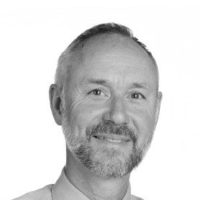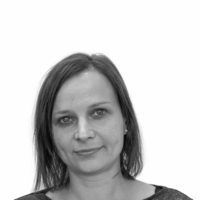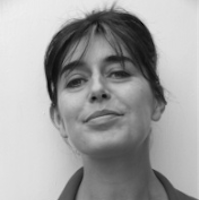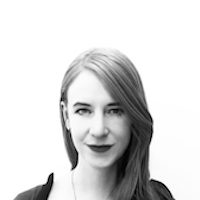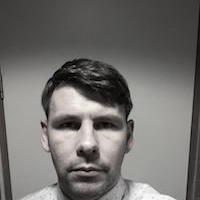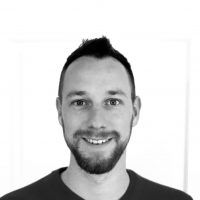
Coastal Dynamics & Marine Systems Modelling
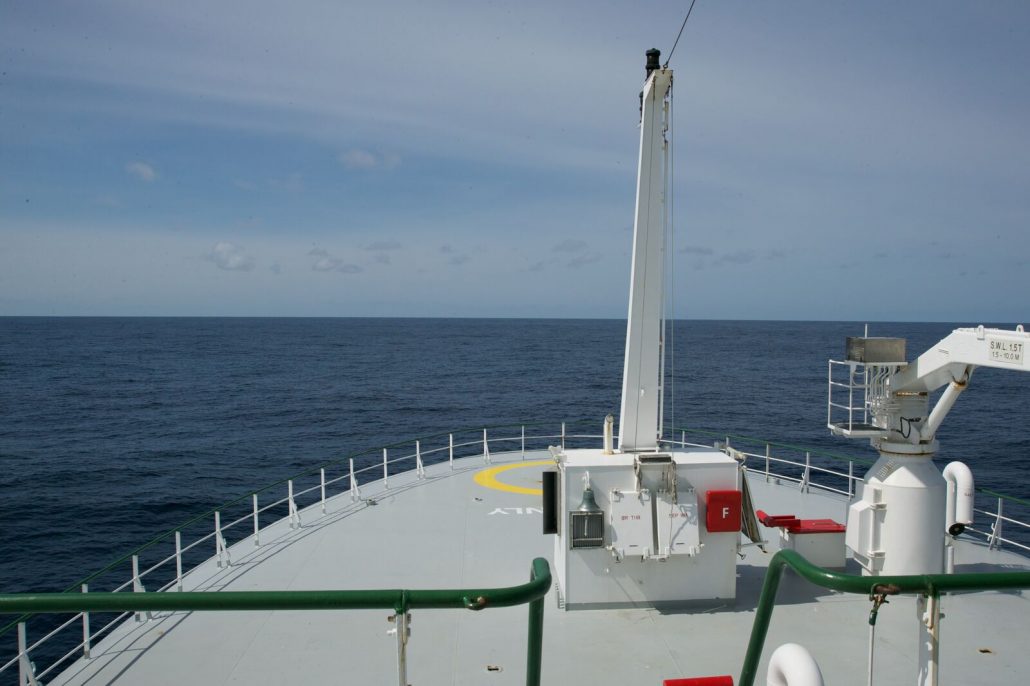
Identifying and sustainably harnessing opportunities in the maritime and coastal space requires in-depth knowledge and experience in the characteristics, processes, and uses of our ocean and coastal environs.
MaREI’s Coastal Dynamics and Marine Systems Modelling team address scientific and engineering challenges in the marine and aquatic environment through the application of advanced knowledge, tools, and techniques. This multidisciplinary team combines both general and specialised competencies in hydrography, coastal/marine/riverine engineering & technology, marine renewables, acoustics, geoscience and oceanography. The researchers develop integrated solutions and conduct internationally and nationally funded R&D, consultancy and operational work with a broad range of projects in a wide range of competency areas.
Team members contribute to several international committees; support teaching and learning through delivery of formal lectures, student supervision (MSc/PhD), and are regularly invited to speak at national and international fora.
For further information, please contact Gerry Sutton.
Core Research Areas Include
- Oceanography;
- Remote sensing of ocean conditions and monitoring of sea-surface parameters;
- Ocean front stability characterisation;
- Ocean ecology sampling and monitoring;
- Storm surges and Coastal Inundation;
- Coastal, estuarine, river and ocean engineering;
- Hard and soft coastal defence and harbour, beach infrastructure design/solutions;
- Oceanographic & passive acoustic monitoring, ocean soundscapes;
- Hydrodynamic and morphodynamic computational modelling;
- Advanced tank testing, physical modelling and performance analysis;
- Seabed mapping and site investigation;
- Shelf and deep ocean environments, systems & dynamics;
- Hydrographic survey, dredging and beneficial re-use of sediment;
- Seabed & sub-bottom mapping;
- Foundations, piling and stability evaluation & analysis;
- Sediment dynamics, sampling and analysis;
- Environmental impact assessment, sampling, monitoring and analysis;
- Marine and engineering data integration, analysis and management;
- Geomatics, GIS, web mapping, decision support, spatial planning and online analytics;
- Resource quantification, strategic planning & development;
- Project and marine operations research, development and management;
- Mission planning, research vessel operations & logistics;
- Metocean studies and technology for offshore installations.
Ongoing Projects
- SATURN H2020. Solutions at Underwater Noise. (Commencing Feb 2021).
- JONAS Atlantic Area Interreg. Joint Framework for Ocean Noise in the Atlantic Seas – project’s own webpage
- MarPAMM INTERREG VA. Marine Protected Area Monitoring and Management – project’s own webpage
- INTERREG NWE – SURICATES. Sediment Uses as Resources In Circular And Territorial EconomieS. Insert link to project’s own webpage — https://www.nweurope.eu/projects/project-search/suricates-sediment-uses-as-resources-in-circular-and-territorial-economies/
- SFI/EPA/Met Eireann/IPW & MI High-Resolution Coupled Atmosphere-Ocean-Wave Regional Climate Projections for Ireland.
- BIM – WAM Project. Wild Atlantic Mussels.
- US DOE/POET– TEAMER – Scientific/Strategic Advisors
- Sediment Analysis. – Multiple projects using Laser Granulometry.
- Coastal Modelling: Consultative work with field observations and hydrodynamic modelling for optimising coastal infrastructure and harbour developments
Former Projects
- CEAMaS. Civil engineering applications for marine sediments;
- Mapping Irelands Underwater Soundscape – Risk maps and design for MSFD acoustic monitoring network;
- Geo-Seas: Pan-European Infrastructure for Management of Marine and Ocean Geological and Geophysical Data;
- MESMA: Monitoring and evaluation of spatially managed areas;
- Irish Coastguard environmental decision support tool;
- Coralfish: Assessment of the interaction between corals, fish and fisheries, to develop monitoring and predictive modelling tools;
- IMAGIN: Irish sea marine aggregates initiative;
- Geomatics for Geoscience;
- Tidal Guage Network: Feasibility assessment for Irish tidal gauge network;
- ERM-Woodside (Consultancy) Risks and impacts of Oil and Gas exploration on deep water coral ecosystems.
- MARINERG-I H2020. Design and Implementation plan for a Pan- European Test Infrastructure on Offshore Renewable Energy for ESFRI
- Minatura 2020: Defining and protecting mineral deposits of public importance.
- Common Sense: Cost-Effective Sensors, Interoperable with International Existing Ocean Observing Systems, to Meet EU Policies Requirements.
- Acoustic monitoring station for MSFD.
- Site Investigations in Cork Harbour: Consultative work supporting rehabilitation of Haulbowline Island industrial waste disposal area.
SATURN Project Summary
€9M SATURN project with 20 partners. Feb 2021- Jan 25.
UCC Coordinating and leading 2 WP’s (project management and communications)
The SATURN consortium brings together leading experts in bioacoustics; population biology; marine mammal, fish and invertebrate biology; maritime architecture and engineering; shipping; maritime policy; stakeholder engagement and science communication.
Who will address:
- The sounds that are most detrimental to aquatic species and how they are produced and propagated;
- The short-term and cumulative long-term negative impacts of noise from shipping and boats on three representative groups of aquatic species in rivers and the sea (invertebrates, fish and marine mammals);
- The most promising options for measuring and reducing the negative impacts of ship noise that can be applied to current and future vessels.
SATURN will develop and contribute to the establishment of standards for terminology and methodology to be used across all disciplines working on underwater radiated noise. These standards will underpin the proposed research. The consortium will establish and nurture an effective community of researchers, practitioners, competent authorities, maritime operators, shipping/offshore/naval industries, and NGOs. This group will work closely with the project to ensure that outputs are tailored to the needs of all stakeholders and to maximize their uptake and application. SATURN proposes to confront the complex global issue of underwater radiated noise in a truly inclusive, transdisciplinary way that will ensure that the interests and knowledge of all stakeholders and the environment are represented.
See the full press release here.



